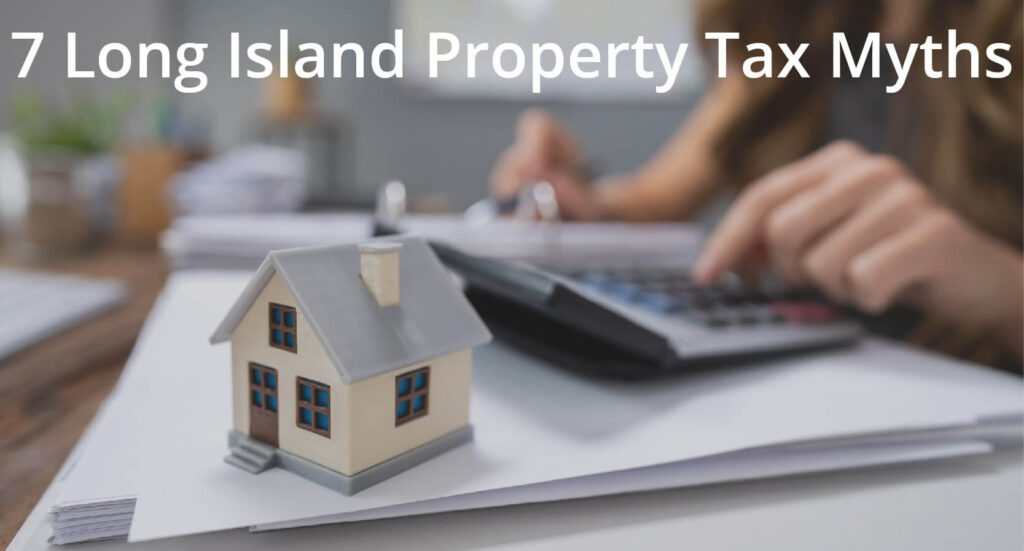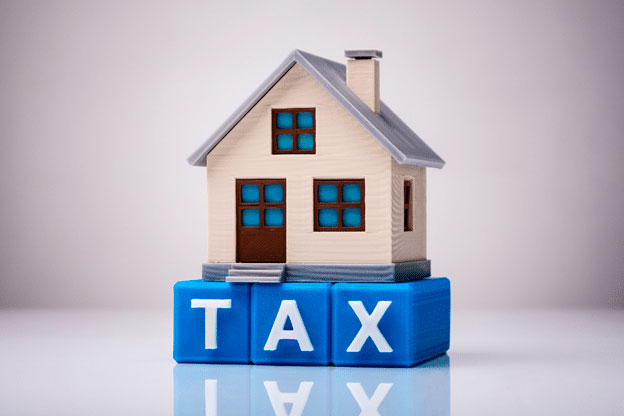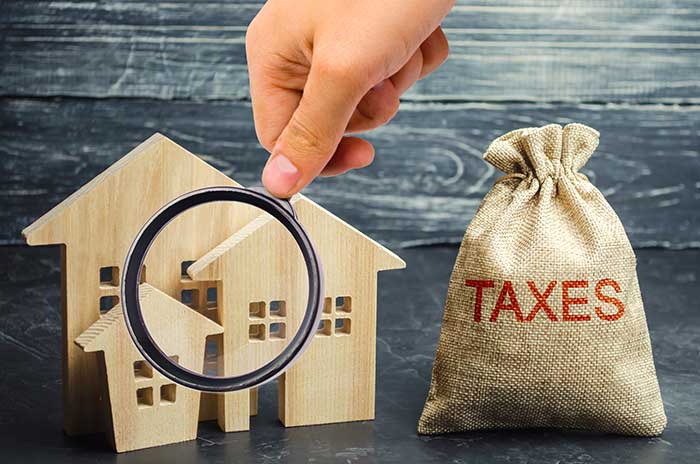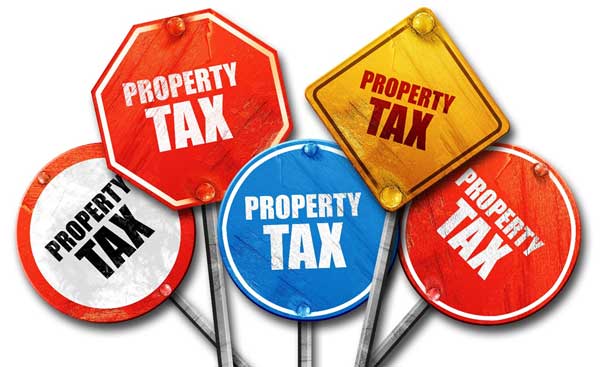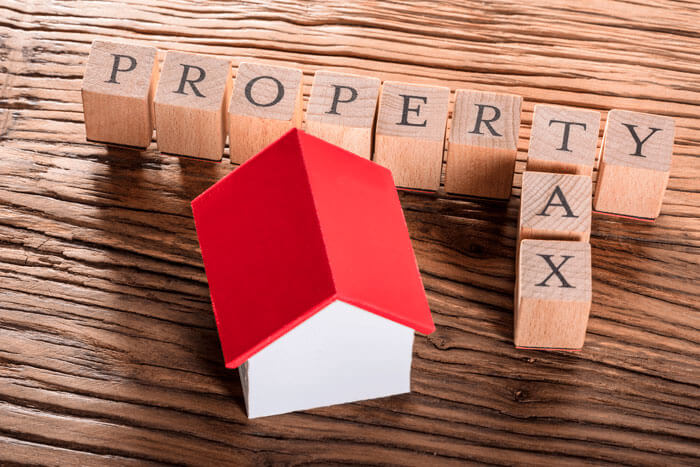Can I Grieve My Property Taxes Every Year?
For those living on Long Island, property taxes may already account for their highest house-related expense. According to tax-rates.org, the average yearly property tax paid by Nassau County residents amounts to about 8.26% of their annual income. And in Suffolk County, it amounts to about 7.57% of their yearly income. When property taxes go up, this […]
Can I Grieve My Property Taxes Every Year? Read More »


